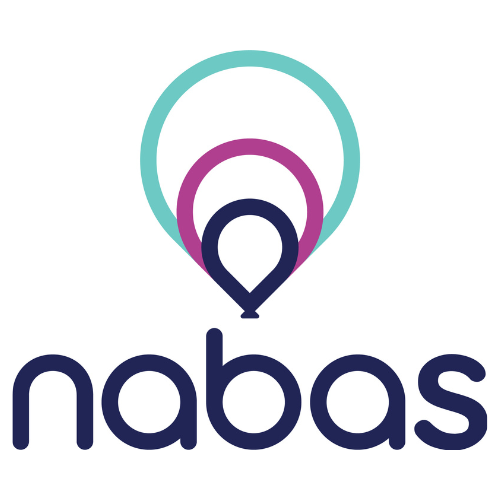The UK press has focused its attentions on the rising price of helium over the past week, with both The Times and the BBC running news stories on the effects of the global shortage.
The Times was the first to publish its story on the situation, talking to NABAS chairman George Oustayiannis. The article itself, published on Monday 16 September, can be seen behind The Times’ paywall and begins by talking about how much the price rises have affected the balloon industry, before moving onto essential medical uses for helium and the supply levels worldwide.
The article itself quoted George, as he explained the effect of the price rises and what they could ultimately mean for the balloon market. He was also quoted as explaining that there is ‘plenty of helium left on our planet’.
The article did then close with a quote from Tom Dolphin of the British Medical Association, who said: “The helium we have comes from a finate supply… every helium balloon let go of today is impacting your ability to get an MRI scan in [the future].”
George has since explained to PartyWorldwide.net that although he informed The Times’ journalist about the difference between balloon gas and pure helium, that information unfortunately did not make it into the article.
I thought overall the article was ok,” he said. “And yes, a few key facts were left out – such as MRI scanners needing 1,700 litres and an 18” balloon only needing 0.1 oz…”
George continued: “More importantly the magnets in the latest scanners require very little helium to cool them, in fact in 2018 Philips developed its helium free MRI magnet called BlueSeal. This cooling technology seals the helium into the magnet during manufacturing and reduces the helium required to just seven litres! I know hospitals won’t be exchanging MRI machines overnight, but we are seeing huge strides in reducing helium dependency.”
The BBC article – which can be seen here – followed a similar vein; starting out by discussing the helium shortage and its impact before ending on a direct comparison between balloons and MRI scans.
Balloon and party association BAPIA has issued a full response to the articles, which can be seen here in its entirety.























